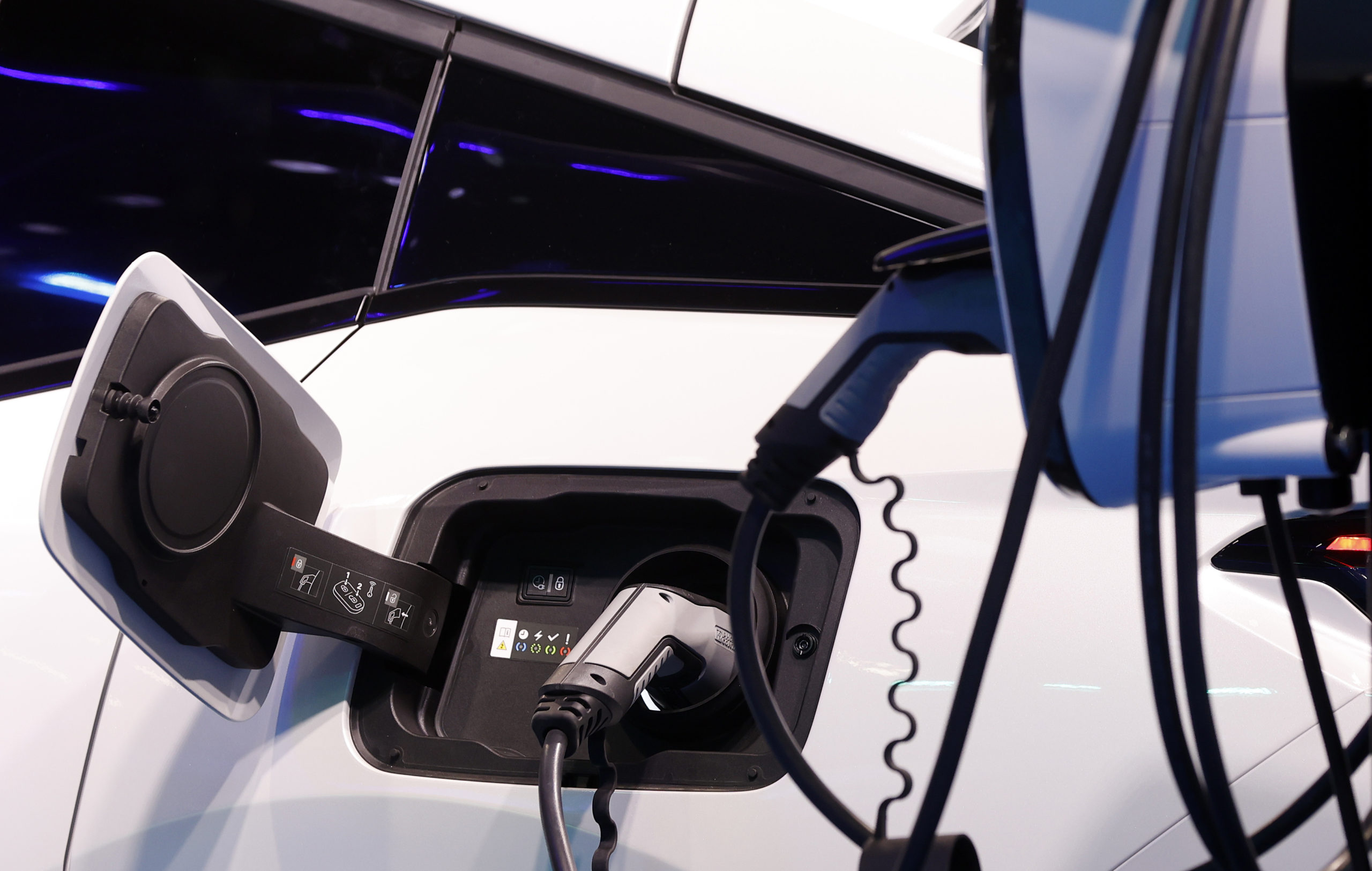As car manufacturers begin to shift toward increasing electric vehicle production, Subaru announced on Wednesday that it will not be shifting its EV production to the U.S. due to the inflation that America is struggling with.
Subaru just rolled out its first-ever EV earlier in 2022, according to Consumer Reports.
But the production of the EV has remained in Japan and does not look to be coming to the U.S. anytime soon.
With the overall inflation rate at 8.2 percent in September, wages have also increased in the U.S., according to Bureau of Labor Statistics data.
From June to September, wages for workers rose 1.2 percent, the BLS reported.
So with higher wage rates, Subaru has decided to keep its EV production in Japan, rather than shifting it to the U.S., even though the company already has a production plant in Lafayette, Indiana, Fox News reported.
Subaru’s CEO Tomomi Nakamura specifically noted that high wages at places like McDonald’s mean that Subaru would not likely be able to compete to get enough workers to make an EV production plant in the U.S. worthwhile.
“In Indiana, part-time workers at McDonald’s earn $20 to $25 per hour, which is in competition with what temporary workers make at our plant,” Nakamura said, Auto News reported.
Subaru’s production plant in Indiana currently produces the Outback, Legacy, Impreza and Ascent, Fox reported.
But Nakamura noted that moving EV production to the U.S. would require a huge investment from the car manufacturer in order to build the necessary plant, Fox reported.
“If we were to build a new plant, it would be very difficult to hire new people for that. Labor costs are rising now. It is quite challenging for us to secure workers for our Indiana plant, including those of suppliers,” Nakamura said.
Subaru is manufacturing its current EV model, the Solterra, in collaboration with Toyota’s BZ4X, which is a very similar model, Hot Cars reported.
The cars are even built in the same plant, Auto News reported.
Thus, Subaru is under no immediate pressure to have their manufacturing in the states.
Even though the U.S. offers new federal tax credits for vehicles built in the states (these new regulations are a result of the Inflation Reduction Act), Nakamura still noted that Subaru just did not see the overwhelming benefit to building in the U.S. and competing for enough workers when wages are inflated, Fox reported.
“It is very difficult for us to respond to. There are a number of requirements,” Nakamura said, according to Fox. “We find it difficult to figure out how the IRA will help us bring benefits to our customers.”
The Solterra offers promising features to car buyers, being an EV that is more geared toward outdoor trekking, according to Consumer Reports.
However, despite initial consumer success, the Solterra has run into some manufacturing issues. Some models had to be recalled in July due to problems with bolts that were causing tires to come loose, Torque News reported.
But even with these production problems and hurdles, Nakamura’s comments apparently indicate that Subaru is set against moving anything to the U.S. for the foreseeable future.
This article appeared originally on The Western Journal.

























 Continue with Google
Continue with Google